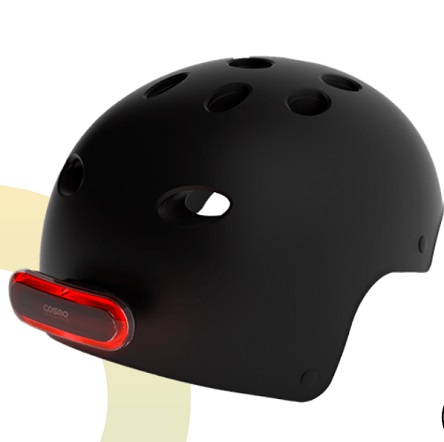Rick and Sully talk the tech topics of the week.
Have a great 4th of July and thanks for listening
Current tech topics
Facebook conducted massive psychology experiment on users
Are we all just guinea pigs?
If you have a Facebook account, you could have been part of a massive psychological experiment conducted by the social media site.
Facebook says it manipulated the news feeds among nearly 700,000 users, according to Daily Mail, as part of a new study. The goal was to determine how the posts that users see affect their moods and their own posts.
A study by the PNAS Journal says seeing more negative posts caused positive responses, but also caused more negative posts by the users.
According to the study, “These results indicate that emotions expressed by others on Facebook influence our own emotions, constituting experimental evidence for massive-scale contagion via social networks.”
US Supreme Court Rejects Google's Street View Appeal
The US Supreme Court on Monday refused to hear a Google challenge to a lawsuit that alleges the search giant spied on individuals by collecting personal information from private Wi-Fi networks while recording Street View data from its cars. Google is being accused of violating the US Wiretap Act and now faces a late 2015 trial.
As is always the case in such refusals, the US Supreme Court did not comment on the ruling or explain its decision in any way.
Privacy advocates began complaining about Street View and the weird Google cars driving around in their neighborhoods as soon as the service started, back in 2007. "You can see people in their yards and even in their homes," Wrote Paul Thurrott, who covers Microsoft and technology, at the time. "You can see license plate numbers clearly. You can even see some Stanford co-eds sunbathing in bikinis if you're so inclined." Google said originally that it would remove any offending personal images upon request, but over time it moved to automatically blur faces, license plates and other incriminating imagery.
Within a few years, controversy over Street View had settled down in the United States, and had of course moved to Europe, which such things are taken even more seriously. But then Google was caught capturing "payload data" as its Street View cars roamed around our streets. That is, in addition to recording photo imagery, the cars were in fact sniffing private Wi-Fi networks in homes and businesses and collecting any data they could find as well. They stole email messages, passwords, web histories, text messages and other data during this collection.
"We screwed up," Google co-founder Sergey Brin admitted.
Soon you’ll be able to send SMS messages to toll-free help lines
This could open the floodgates for landlines to receive text messages
Toll-free numbers administered by wholesale VoIP provider Bandwidth will gain the ability to send and receive text messages — which could mean that you never have to hold for an operator again.
Bandwidth, which is the nation’s sixth largest telco based the number of telephone numbers it has, isn’t designing the toll-free SMS program for its clients. Instead, it’ll be up to each company or software provider to design their system using Bandwidth’s APIs protocols.
So there aren’t many toll-free numbers you can text today. Still; imagine a world where instead of being put on hold, you can simply receive a text when an operator is available. As more companies adapt to this new capability, that’s exactly what will happen.
Red Cross releases app to help people learn to swm and prevent drownings
The number of drownings at pools and lakes around the Atlanta area this summer is staggering
The Red Cross has a new free Swim App to promote water safety for parents and caregivers of young people learning how to swim.
Ensure your swimmer understands and retains the water safety tips they learn with the games and videos in the special section just for kids
Do fun activities with your swimmer
Learn how to keep your family safe in a variety of environments, such as home pools, rivers, lakes and oceans.

Facial Recognition Might Be Coming To Your Car
What if you got into your car and you had to authenticate that it was you behind the wheel? That might be what's coming in the near future as Ford's working with Intel to bring facial recognition to the car. The idea would be to improve safety and in-car tech with this system which is being called Project Mobil.
When someone enters a Project Mobil-equipped car the system uses front-facing cameras to authenticate the driver. If the driver can't be authenticated it'll send a photo to the vehicle owner's phone asking for permission for this person to drive the vehicle. Once identified, the car can then automatically adjust certain settings to the driver's preference.
 Saturday, June 20, 2020 at 3:31PM
Saturday, June 20, 2020 at 3:31PM 










